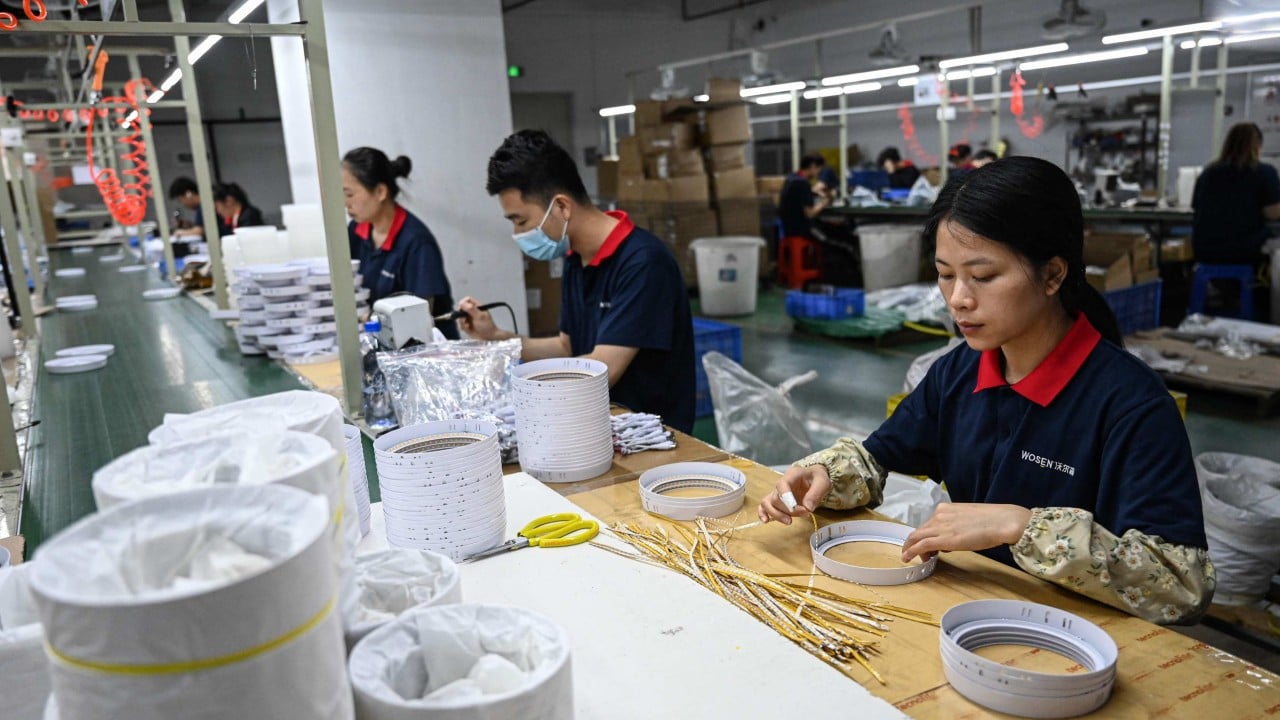Since the US began rolling out multiple rounds of tariffs on Chinese goods earlier this month, Beijing has urged exporters to pivot to the domestic market. But for Li, a bicycle manufacturer with a long-term exclusive focus on American buyers, the shift has been anything but smooth.
Advertisement
She signed up for an initiative on JD.com, one of China’s largest e-commerce platforms. The company promised to funnel 200 billion yuan (US$27.41 billion) to help exporters transition to domestic sales. But days later, her application still hadn’t been processed.
“We reached out to JD to open a store, but they told us the policy only applied to merchants already running self-operated shops,” she said. “Customer service hadn’t even heard of any special support measures for export companies like us.”
The core issue, Li explained, is that most Chinese exporters are contract manufacturers. They produce goods for overseas brands, but do not own the rights to sell them locally.
“Our bikes are branded with our clients’ logos. Selling them in China would violate trademark laws,” she said. “We do not have our own brand, so we can’t even get approved. But we do hundreds of millions of yuan in exports every year. Isn’t that worth something?”
Advertisement
Before US President Donald Trump raised tariffs on Chinese goods to a cumulative 245 per cent under his so-called “reciprocal tariff” policy, Beijing had already started preparing its exporters for the shift.

